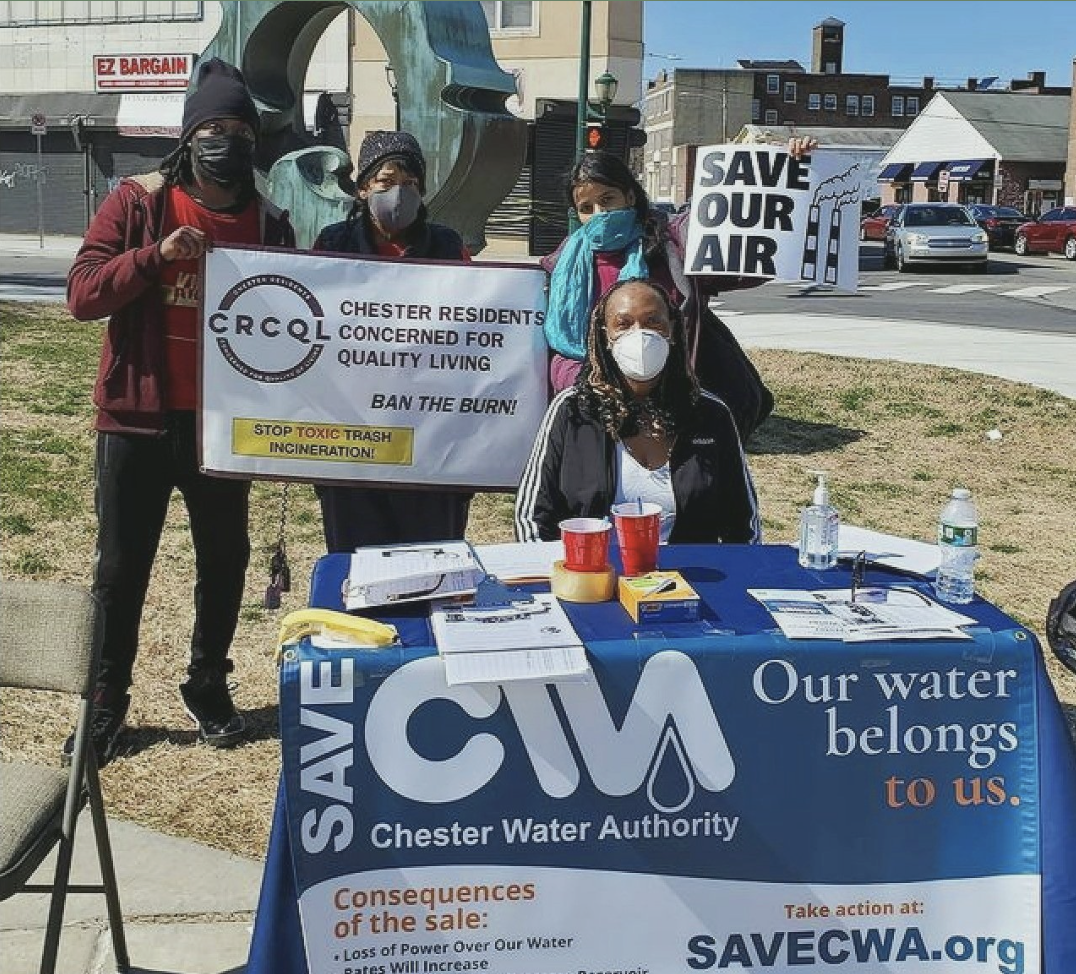Document Type
Supplemental File
Publication Date
1-14-2021
Abstract
Since the 1970s, there has been a growing awareness that environmental hazards are disproportionately sited in low-income communities and communities of color. Under the label of the environmental justice movement, community groups have pursued various means to fight against the discriminatory concentration of environmental burdens in their neighborhoods. Yet in its Civil Rights Act and Equal Protection Clause jurisprudence, the Supreme Court has largely shut the door on federal environmental justice litigation by requiring plaintiffs to prove that the government acted with discriminatory intent in its siting and permitting decisions.
This Note argues that Pennsylvania’s Environmental Rights Amendment provides an avenue for disparate impact environmental justice litigation at the state level. In its 2013 Robinson Township v. Commonwealth decision, the Pennsylvania Supreme Court interpreted the state’s Environmental Rights Amendment as imposing significant public trust obligations on the state legislature and other governmental actors. While previous scholarship has analyzed Robinson Township’s impact on environmental constitutionalism generally, this Note focuses on the decision’s environmental justice implications. In particular, this Note argues that one public trust duty imposed by the Pennsylvania Supreme Court—the duty of impartiality—should prohibit state actors from continuing to site environmental hazards in communities that already bear disproportionate environmental burdens.
Recommended Citation
Jacob Elkin,
Environmental Justice and Pennsylvania's Environmental Rights Amendment: Applying the Duty of Impartiality to Discriminatory Siting,
(2021).
Available at:
https://digitalcommons.law.buffalo.edu/reshaping_ej_law_and_social_policy/4


